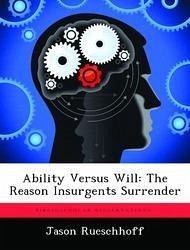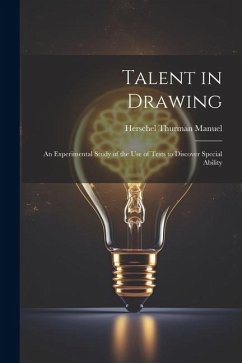Nicht lieferbar

Ability Versus Will: The Reason Insurgents Surrender
Versandkostenfrei!
Nicht lieferbar
This study analyzes the concept of surrender in both conventional and unconventional war. It closely investigates the ties between military ability and political will in the inducement of surrender. The study begins with a discussion of terminology and definitions as boundaries for the arguments that follow. It then argues that the three main decision points in war all involve a choice: to start a war, to continue a war, and to end a war. The remainder of the work contends that success in war centers on altering the pertinent aspects of that decision making. The study then examines the German ...
This study analyzes the concept of surrender in both conventional and unconventional war. It closely investigates the ties between military ability and political will in the inducement of surrender. The study begins with a discussion of terminology and definitions as boundaries for the arguments that follow. It then argues that the three main decision points in war all involve a choice: to start a war, to continue a war, and to end a war. The remainder of the work contends that success in war centers on altering the pertinent aspects of that decision making. The study then examines the German and Japanese situations in World War II that ended in their surrender. The author highlights both ability and will as components that form what the author refers to as capability level. He then explains that the nation(s) with superior relative capability levels have better chances for wartime success. This work has been selected by scholars as being culturally important, and is part of the knowledge base of civilization as we know it. This work was reproduced from the original artifact, and remains as true to the original work as possible. Therefore, you will see the original copyright references, library stamps (as most of these works have been housed in our most important libraries around the world), and other notations in the work. This work is in the public domain in the United States of America, and possibly other nations. Within the United States, you may freely copy and distribute this work, as no entity (individual or corporate) has a copyright on the body of the work. As a reproduction of a historical artifact, this work may contain missing or blurred pages, poor pictures, errant marks, etc. Scholars believe, and we concur, that this work is important enough to be preserved, reproduced, and made generally available to the public. We appreciate your support of the preservation process, and thank you for being an important part of keeping this knowledge alive and relevant.













